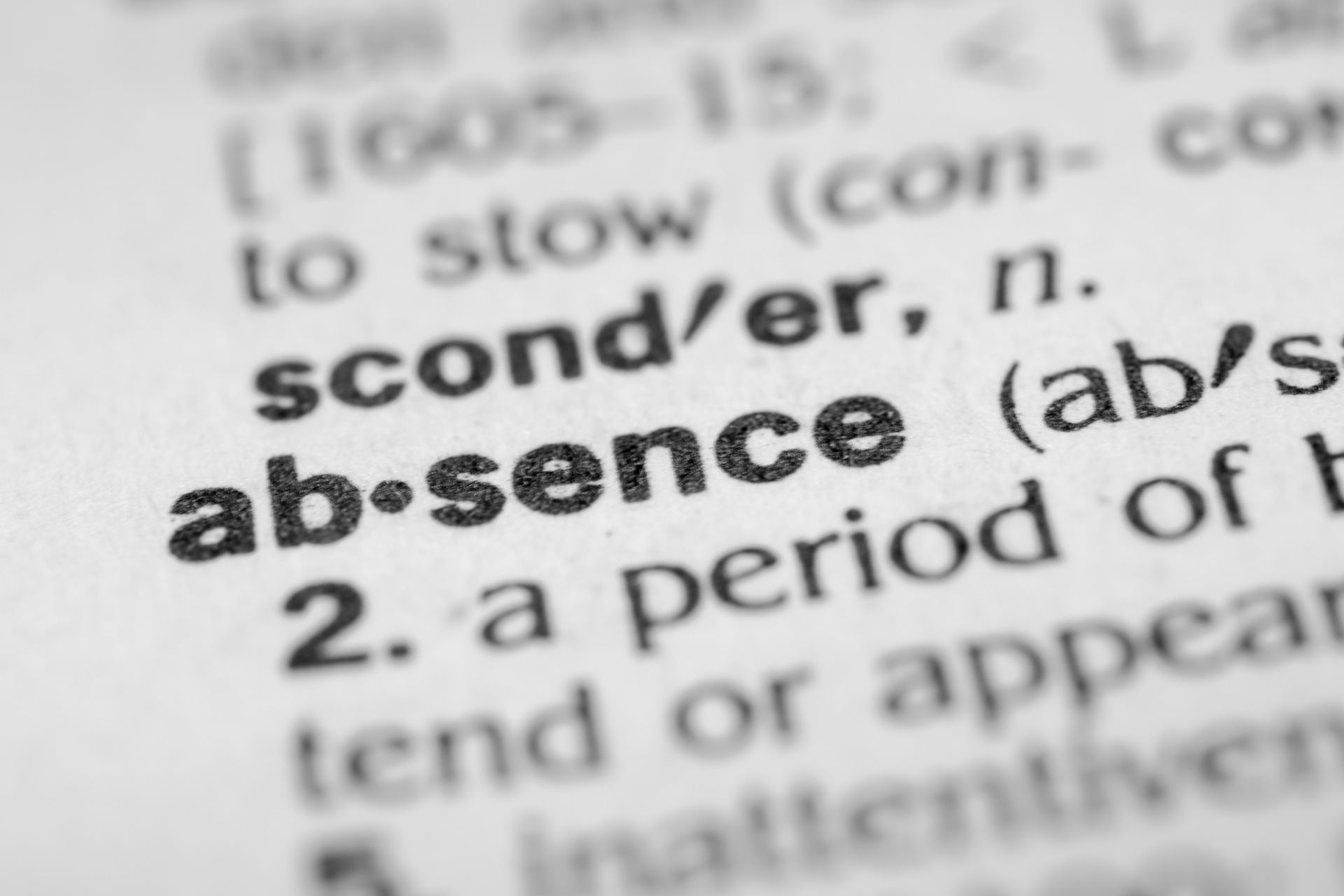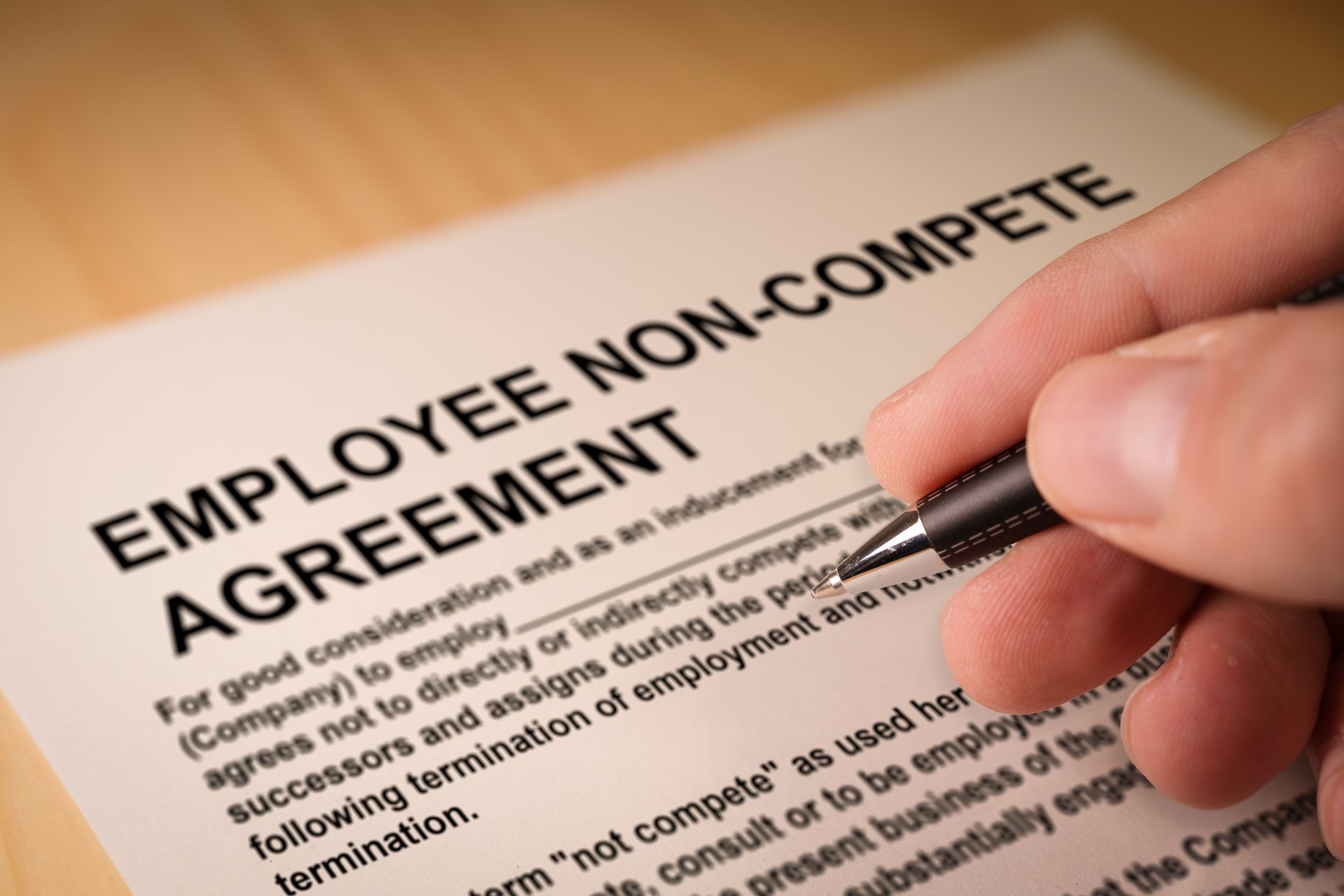
When a student skips school frequently, many parents assume it's solely a school issue. But in Minnesota, chronic absenteeism, also known as truancy, can have serious legal consequences for both students and their parents.
What Is Considered Truancy in Minnesota?
In Minnesota, a child who is under the age of 17 is required by law to attend school every day school is in session, unless they have a lawful excuse. Truancy laws apply to all children aged 7 to 17, though some school districts may intervene earlier if a child under 7 is enrolled and misses too much school.
The term “habitual truant” is used to describe a child who:
- Is under 17 years old
- Has three or more unexcused absences from school, class, or instructional hours in a single school year
Once a student reaches that threshold, the school is required to notify the parents and begin a series of interventions, including meetings, warning letters, and referrals to social services or the county attorney.
When Parents Can Be Held Legally Responsible
Truancy is not only about the student; it can quickly involve the entire family. If a child continues to be absent without valid excuses despite school efforts to intervene, the case can escalate into what’s known as educational neglect or contributing to a child’s truancy, both of which carry legal consequences for parents or guardians.
In Minnesota, a parent may be held legally responsible when:
- They fail to ensure their child’s regular attendance at school
- The school has made documented attempts to address the issue without improvement
If the problem continues, the county attorney may file a Child in Need of Protection or Services (CHIPS) petition, naming the parent in a court case that could lead to mandated services, court-ordered compliance plans, or in severe cases, removal of the child from the home.
In some situations, especially where willful neglect is alleged, parents may face misdemeanor criminal charges under Minnesota Statutes § 260A.06. This can result in fines or even jail time.
Lawful vs. Unlawful Absences
Not every absence is considered truant. Minnesota law recognizes certain lawful excuses for being absent from school, such as:
- Illness, with or without a doctor's note
- Medical appointments
- Religious observances
- Family emergencies
- Court appearances
- Official school activities (field trips, sports)
However, absences without communication or documentation, like sleeping in, running errands, or simply refusing to attend, are often marked as unexcused. Over time, even a few of these unexcused absences can lead to a formal truancy designation.
The Truancy Process in Minnesota
- Initial Unexcused Absences – After three unexcused absences, the school will notify parents and attempt informal interventions such as meetings or attendance plans.
- Continued Absences – If absences continue, the school may refer the case to a school social worker, who will work with the family to develop a plan for improved attendance.
- Pre-Court Diversion – If previous steps fail, the county may offer a diversion program instead of court. These may include counseling, tutoring, or family support services.
- Court Involvement – If attendance does not improve, a CHIPS petition may be filed and the family may be required to appear in juvenile court. The parent may also face charges of educational neglect.
- Potential Penalties – Courts can order community service, mandatory counseling, parenting classes, or supervised probation for the student or family.
Why Timely Action Matters
Many parents don’t realize how fast a few missed days can snowball into a serious legal matter. Waiting too long to respond to school notifications or ignoring warning signs can limit your options and lead to court involvement.
Addressing truancy early by working with school officials, documenting valid absences and seeking support can protect both the child and the parent from legal consequences. If challenges at home, such as transportation, health issues, or family instability, are contributing factors, schools and county agencies may be able to help.
However, once the court is involved, having a lawyer to represent your interests can be beneficial. An attorney will fight to protect your rights and help you navigate complex requirements, especially if you're facing allegations of educational neglect or contributing to truancy.
When to Talk to a Lawyer
If you’ve received notices about truancy or are being contacted by school officials or social workers about your child’s attendance, it’s time to take the situation seriously. While some families can resolve attendance issues without legal help, others may benefit from the guidance of an attorney to avoid long-term consequences.
An attorney experienced in Minnesota education law and family court matters can:
- Explain your rights and obligations
- Help you respond appropriately to school and county actions
- Represent your interests in CHIPS or truancy court proceedings
- Negotiate alternatives to formal court action
- Protect your family from unnecessary legal penalties
Get Help Finding a Qualified Attorney in the Minneapolis–St. Paul Area
Truancy cases can impact your child’s education, your family’s future, and even your legal record.
If you’ve been contacted by your child’s school and are concerned about what comes next, our referral counselors can help connect you with a vetted local attorney who has worked on truancy cases in the past. Get in touch with us through our website or give us a call at (612) 752-6699.




